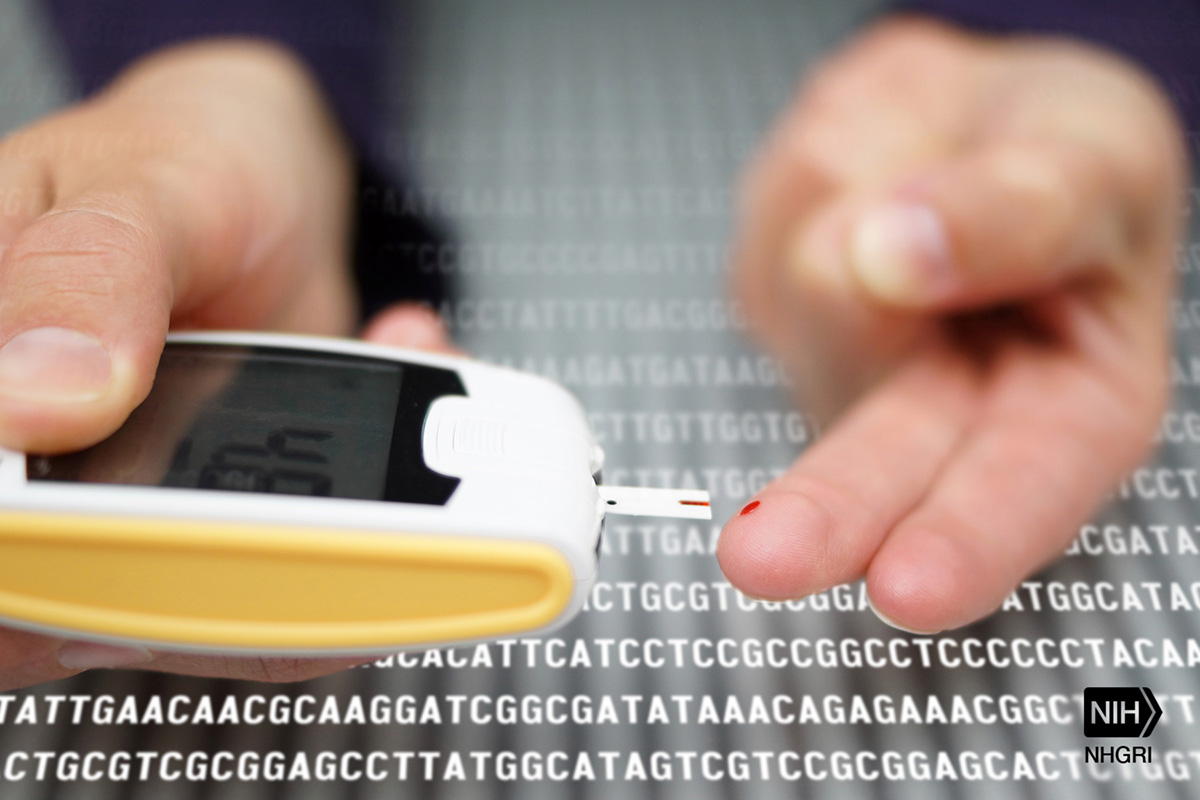
Diabetes is a chronic disorder when the pancreas stops producing enough hormones called insulin, and as a result, blood sugar levels become high. There are several types of diabetes, type 1 and 2. In type 1, the pancreas stops producing the hormone called insulin that can let glucose, or blood sugar, into cells, leaving it in the blood.
Treatments for diabetes type 1 are insulin shots and medications. You can find all sorts of insulin kits in pharmacies, as well as blood sugar control kits. Contact your doctor about recommendations. If left untreated, diabetes type 1 may lead to serious consequences (seizures or even coma).
Currently, there is no cure for type 1 diabetes, and if left untreated it can be very dangerous, even deadly. The level of your blood sugar depends of the way you eat, live, exercise, take medication for your disorder, drink or smoke, or if you are often in stress. Also in pregnancy, diabetes monitoring is very important, because in this state, therapy or medications must be adapted. But it can be managed, and with regular treatments, people can expect to lead a normal life.
Main symptom of diabetes type 1 is low blood sugar; also called hypoglycemia, it is a condition when blood sugar is below normal body level.
Exact causes of type 1 diabetes are not known. Doctors presumes that in cases of diabetes 1, anti immune system in the body mistakenly destroys insulin cells in the pancreas.
There are also a lot of possible diabetes complications. Some of them may be long term, and develop slowly, and it may be: kidneys disorders, stroke, Alzheimer’s, gum problems, osteoporosis, increased risk of various cardiovascular disorders, nerve or eye problems, etc.
Here are some of these complications explained in more details;
Foot problemsBecause diabetes 1 affects blood flow to some parts of your body, you can develop foot problems. In order to prevent this, you must wear only comfortable shoes, keep good care of your feet, and maintain good hygiene of your feet.
Gum diseaseAlso called periodontal disease, and people, because of diabetes type 1, has high blood sugar, more plaque and less saliva. Keep track of your blood sugar level and maintain regularly your oral hygiene.
Eye problemsDiabetes type 1 can lead to retinopathy (abnormal changes at the back of the eye or in the retina), or cataract (clouding or thickening of the eye lens).
Kidney diseaseIn order to avoid such problems, you should watch your blood sugar, quit smoking, watch your high blood pressure, and eat fewer proteins.
Nerve damage or neuropathyHigh levels of blood sugar can damage small blood vessel walls, especially on your feet. Those tiny blood vessels nourish your nerves. Regular controls of your blood sugar level and feet can prevent this.
Pregnancy complicationsHigh blood sugar level is possible danger both to baby and a mother. Taking your insulin shot and other medications regularly can prevent complications in this case.
Taking careIf you have diabetes type 1, you should do the following;
monitor your blood sugar (daily or few times a week, depends on doctor’s advice) exercise regularly (aerobics or walking, at least 30 min. a day) lose excessive weight keep your blood pressure and cholesterol under control adapt and change your diet (more fruits, vegetables, whole grain products, and less animal products and sweets, avoid smoking and alcohol, etc.)





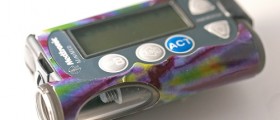



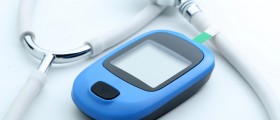

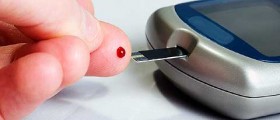
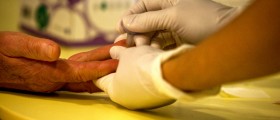
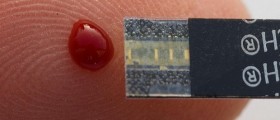
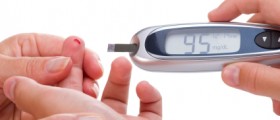

Your thoughts on this
Loading...